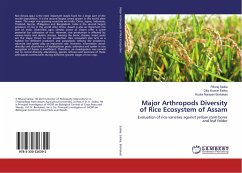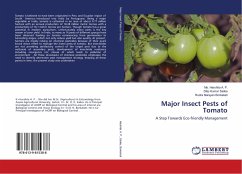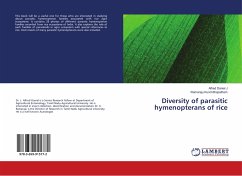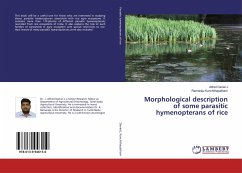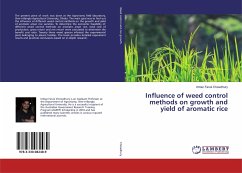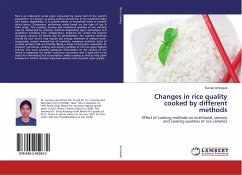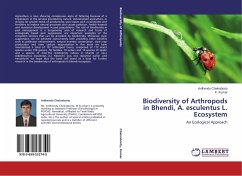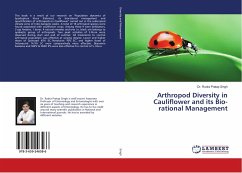Rice (Oryza spp.) is the most important staple food for a large part of the world's population. It is the second largest cereal grown in the world after maize. The major rice growing countries are India, China, Japan, Indonesia, Thailand, Burma, Philippines and Bangladesh. India is the second largest producer of rice in the world after China. Assam is also an important rice belt of India. Diversified agro climatic zones of Assam offer a great potential for cultivation of rice. However, rice production is affected by various biotic and abiotic stresses. Among the biotic stresses, insect pests are the major threat to rice production. Rice ecosystem also acts as a habitat for different predators and parasitoids. Among the predators, odonata and spider play an important role. However, information about diversity and abundance of lepidopteran pests, odonates and spider in rice ecosystem of Assam is insufficient. Therefore, an investigation was carried out to record diversity, abundance, species richness and evenness of these arthropods communities during different growth stages of rice crop.
Bitte wählen Sie Ihr Anliegen aus.
Rechnungen
Retourenschein anfordern
Bestellstatus
Storno

